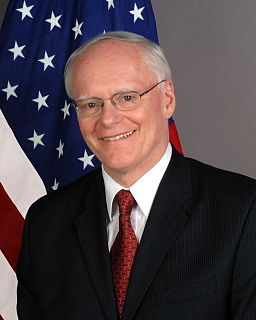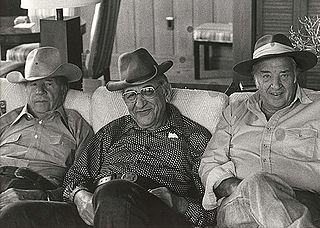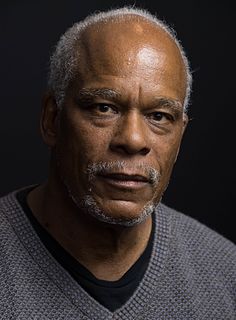A Quote by Patrick Cockburn
Muqtada leads the only real mass movement in Iraq. It's a mass movement of the Shia, who are 60 percent of the population, and of poor Shia - and most Shia are poor. Otherwise the place is full of sort of self-declared leaders, many of whom spend most of their time outside Iraq.
Related Quotes
And on this issue of the Shia in Iraq, I think there's been a certain amount of, frankly, Terry, a kind of pop sociology in America that, you know, somehow the Shia can't get along with the Sunni and the Shia in Iraq just want to establish some kind of Islamic fundamentalist regime. There's almost no evidence of that at all. Iraq's always been very secular.
The politicized version of Shia Islam that we see in the Islamic Republic post-1979 clearly is very conservative, but, there are other things one could say about Ayatollah Khomeini's concept of a Shia state because that in itself is a blasphemy as far as most Shia clerics are concerned. There's a theory that he developed in the early 1960s in the town of Najaf talking about - well not liberalism, necessarily, but flexibility though.
I don't think the whole of Iraq would be under al-Sadr, but I think he would be the predominant force on the Shia side. Quite contrary to his sort of maverick, firebrand image, he's shown a propensity to deal with the other side, to look for compromises, to negotiate. You might have a loose federation [in Iraq].
Right, because they're looking at also organizing the Sunni tribes up around Mosul to take back that city as well. That's the second largest city in Iraq. That's going to be a very, very tough fight. And the Shia militias were not used in Ramadi, and we're told by the Iraqi generals that they don't want any Shia militias up in Mosul, either, to take back that city. So - but again, that's going to be a very, very tough fight.





























